During March 1857, just before the most controversial American Civil Wars in 1861 to 1865, the Supreme Court of United States announced its decision in the case of Dred Scott V. Sanford. The case was brought to the court by Dred Scott, a slave who lived in a free state with his owner before returning to his slave state in Missouri. The main argument of Scott was to make the locations where he lived a free state from any legal, political and social restrictions. In reply to this argument, Chief Justice of that time, Roger B. Taney, who himself was a strong supporter of slavery, simply disagreed. The court simply ordered that no Black, a slave or free, can claim the citizenship of United States and that made all the blacks ineligible to make any petitions to the court for their freedom. The decision of Dred Scott initiated North-South tension and incensed abolitionists that erupted in the war three years later.
The case of Dred Scott was both a cause and a sectional conflict for the betterment of Blacks in America. This case contributed to the coming constitutional and political controversy. It also made the Chief Justice Roger B. Taney an extremely unethical and satanic figure by many historians and antislavery activists. Dred Scott and his wife once belonged to an army surgeon, who bought them from Peter Blow Family that lived in St. Louis. After the death of the army surgeon, Blow helped Scott to sue surgeon’s widow for freedom but sadly lost his case in the court. The problem was that he was left with the widow’s brother John Sanford, who was again sued by Scott in federal court, to claim Missouri’s citizenship.
A narrow opinion was originally made by Justice Samuel Nelson who argued that the case belonged to the state, not the federal court. But contrary to this, northern antislavery justices Benjamin R. Curtis and John McLean that Scott must be freed considering the Missouri Compromise, as he traveled to the north of the country. After several opinions, Taney’s opinion was the most torturous and most important. He ruled a law that Blacks can never be a free citizen, nor Scott could be ordered free by traveling to the north of Missouri Compromise Line. He also said that slavery could not be banned in this territory at any cost. Around six different justices agreed on the fact that Scott can never become a citizen but disagreed that a freed slave could become a slave one day. Later on, the ruling of Curtis and McLean dissented while Nelson proved his ruling but not his reasoning.
Source Article:





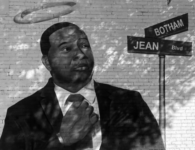

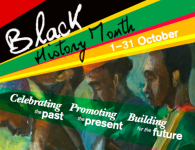
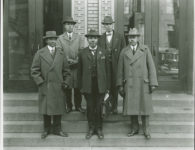
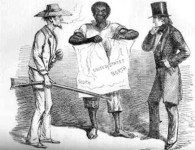


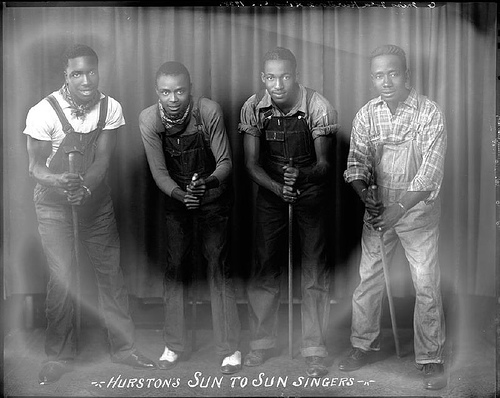


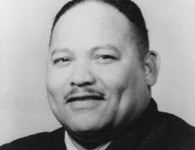


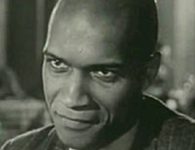


No comments